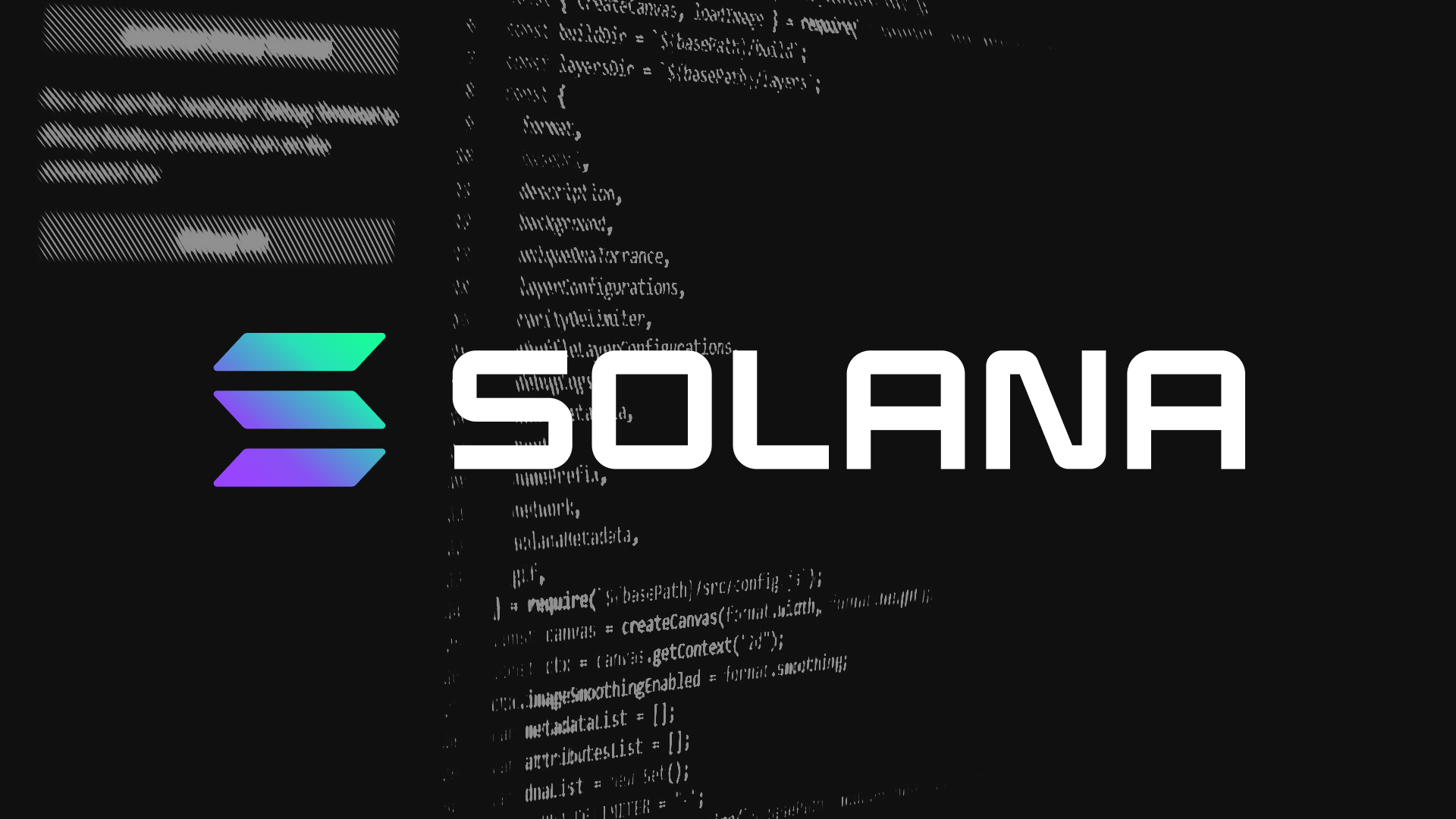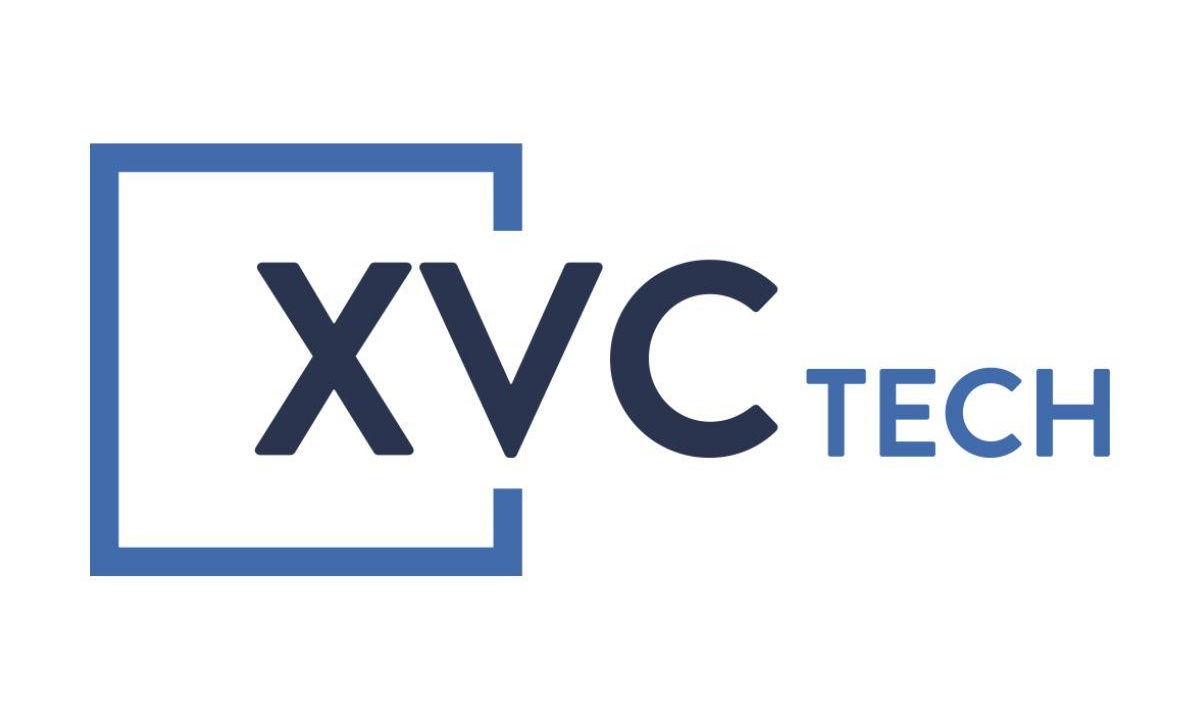Solana, a high-performance blockchain ecosystem, has recently announced the introduction of state compression technology to significantly reduce the storage costs associated with non-fungible tokens (NFTs) on its network.
According to Solana, allows its protocol to store NFT metadata more efficiently by reducing the data storage requirements for each NFT. With this technology in place, Solana will be able to host a greater number of NFTs on its blockchain without compromising performance or significantly increasing storage costs. This development is expected to lower the barrier of entry for NFT creators and collectors alike, as reduced storage costs can translate to lower minting and trading fees.
The state compression technology is an innovative approach to address the scalability and storage limitations often faced by blockchain networks. The need for cost-effective and efficient storage solutions is vital to blockchains at this scale. Solana's state compression offers a promising solution to this challenge by optimizing the way is stored on its blockchain.
"Although state compression can be used to store any sort of data on-chain, the first use of this innovative technology is compressed NFTs. Compressed NFTs are just like regular NFTs, only drastically cheaper — minting 100 million compressed NFTs costs about ◎50 to store on-chain, compared to ◎1.2mm for their uncompressed counterpart," the protocol explains.
Solana has already as an industry leader in building scalable web3 experiences, thanks to its speed, minimal environmental impact, composability, and low gas fees. With the introduction of state compression, the cost of building user-first web3 projects on Solana will be further reduced.
State compression is a cross-ecosystem effort involving developers from Solana Labs, Metaplex, and other partners, uses Merkle trees to create a compression-friendly data structure. This allows developers to store a small amount of data on-chain while still utilizing the security and decentralization of Solana's base layer. As a result, data storage costs are dramatically reduced.
State compression is being employed by various teams across the Solana ecosystem to create large-scale, user-friendly experiences. Examples include Dialect, a blockchain-based messaging service that uses compressed NFTs to cover minting costs for NFT stickers; and Crossmint, an NFT and API tooling company that leverages state compression to develop for enhancing customer loyalty. Other projects like Helium, DRiP, and Wordcel are also utilizing state compression to bring scalable, user-first experiences to the Solana ecosystem.
Disclaimer: This article is provided for informational purposes only. It is not offered or intended to be used as legal, tax, investment, financial, or other advice.
Investment Disclaimer













